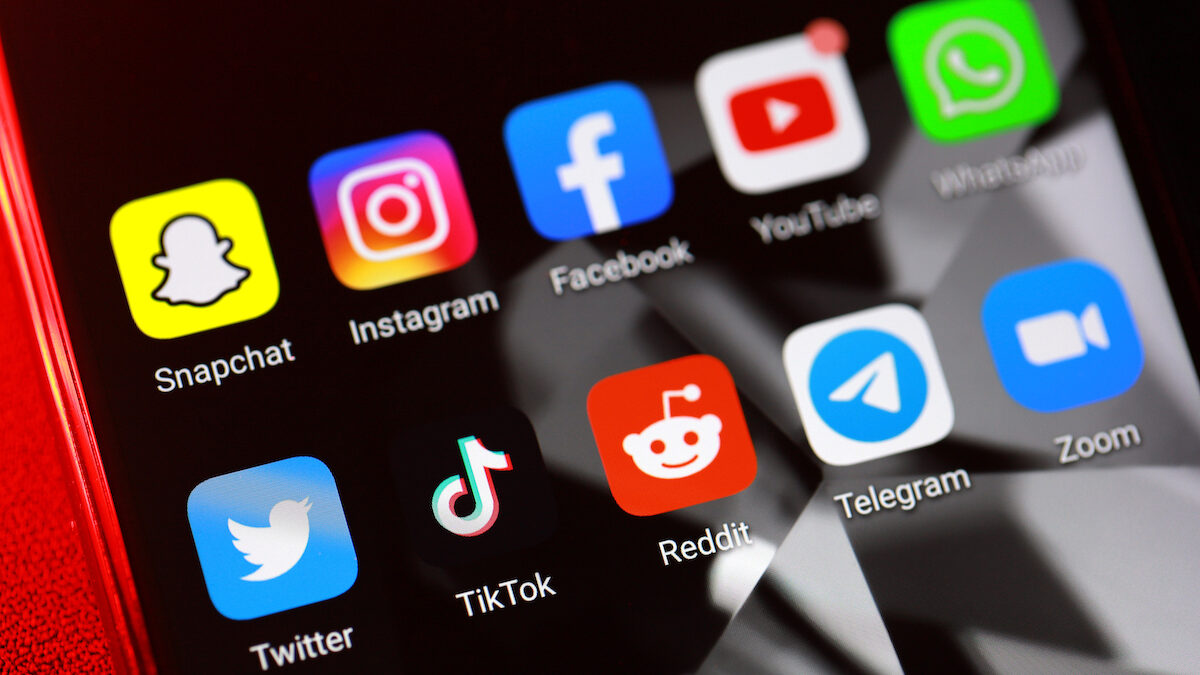Government proposals to secure ‘backdoor’ entry into Facebook’s platforms have been described as a threat to the privacy of 2billion people around the world.
A joint open letter between the US, the UK and Australia to Facebook founder and Chief Executive Officer Mark Zuckerberg has requested ‘lawful’ access to the encrypted communications of users of the sites, which includes WhatsApp.
However, privacy campaigners described the move having potentially “disastrous” consequences for internet security and privacy, making it easier for cyber attackers to exploit vulnerabilities in the platforms.
Priti Patel, The Home Secretary, the US Attorney General William Barr and, Kevin K. McAleenan, United States Secretary of Homeland Security (Acting) and Peter Dutton MP, Australian Minister for Home Affairs, have all signed the open letter addressed to Mark Zuckerberg.
It called for Facebook and ‘other companies’ to take the following steps:
-Embed the safety of the public in system designs, thereby enabling you to continue to act against illegal content effectively with no reduction to safety, and facilitating the prosecution of offenders and safeguarding of victims
-Enable law enforcement to obtain lawful access to content in a readable and usable format
-Engage in consultation with governments to facilitate this in a way that is substantive and genuinely influences your design decisions
-Not implement the proposed changes until you can ensure that the systems you would apply to maintain the safety of your users are fully tested and operational.
The letter stated: “We are writing to request that Facebook does not proceed with its plan to implement end-to-end encryption across its messaging services without ensuring that there is no reduction to user safety and without including a means for lawful access to the content of communications to protect our citizens.”
The letter adds: “Companies should not deliberately design their systems to preclude any form of access to content, even for preventing or investigating the most serious crimes. This puts our citizens and societies at risk by severely eroding a company’s ability to detect and respond to illegal content and activity, such as child sexual exploitation and abuse, terrorism, and foreign adversaries’ attempts to undermine democratic values and institutions, preventing the prosecution of offenders and safeguarding of victims. It also impedes law enforcement’s ability to investigate these and other serious crimes.”
Privacy campaign group Big Brother Watch hit out at the move.
Director Silkie Carlo said: “The proposal for a Government backdoor to global encrypted communications is one of the most damaging of the information age. It’s an attack on our ability to have private conversations online.
“Authorities already have a raft of strong powers to read the communications of targeted suspects. But seeking backdoors to Facebook platforms, which are used by the majority of the online world, would violate the privacy and security of over 2 billion people. The former heads of GCHQ and the NSA have warned against this proposal as undermining encryption would gravely damage our security. The modern communications infrastructure would be left vulnerable to major hacks by hostile states, oppressive regimes, criminals and hackers. The consequences would be disastrous.”




